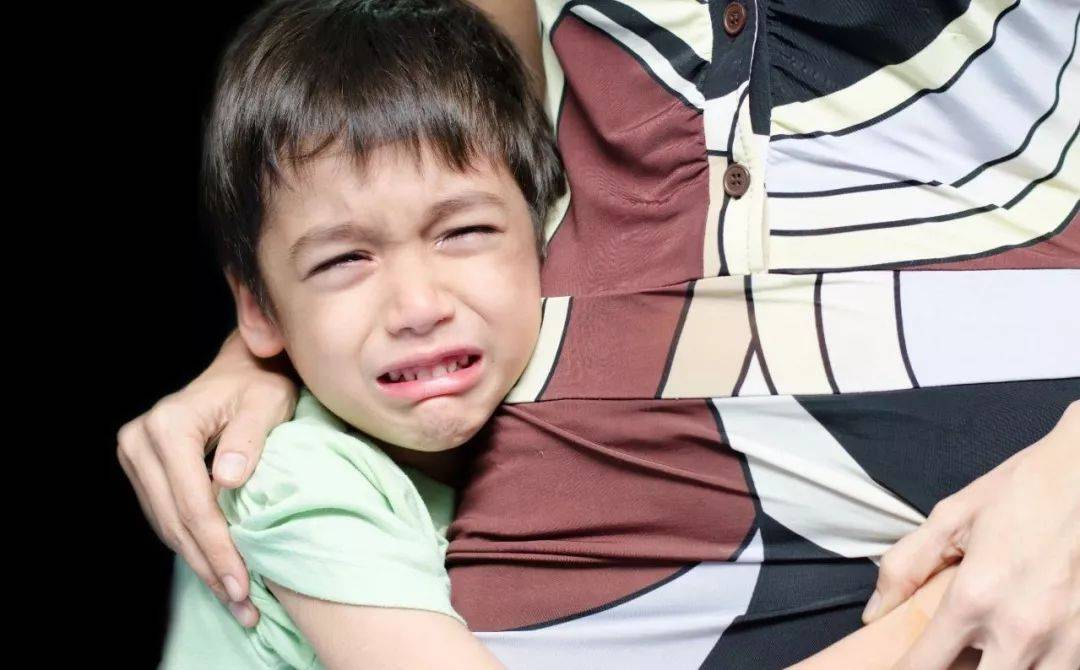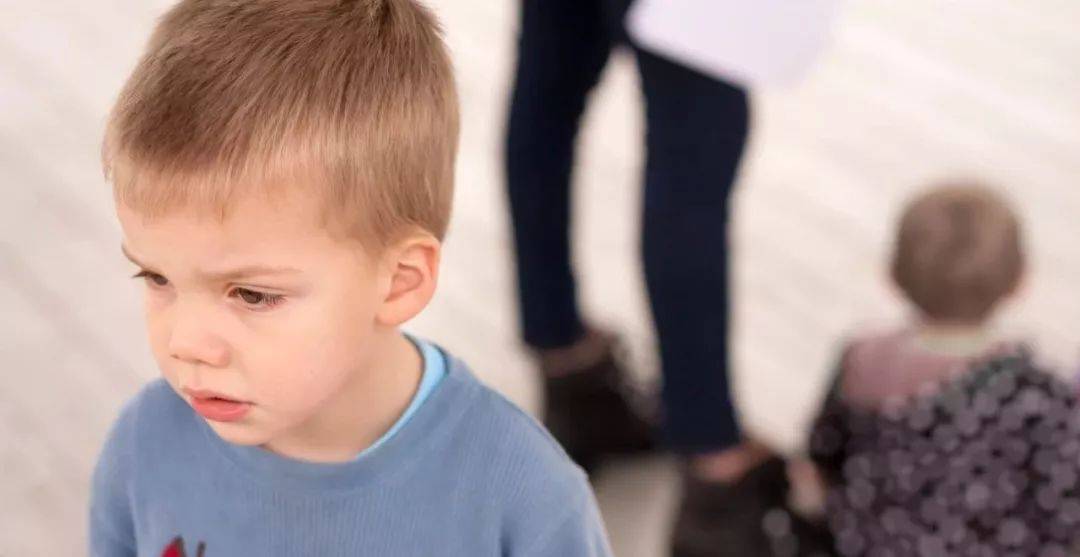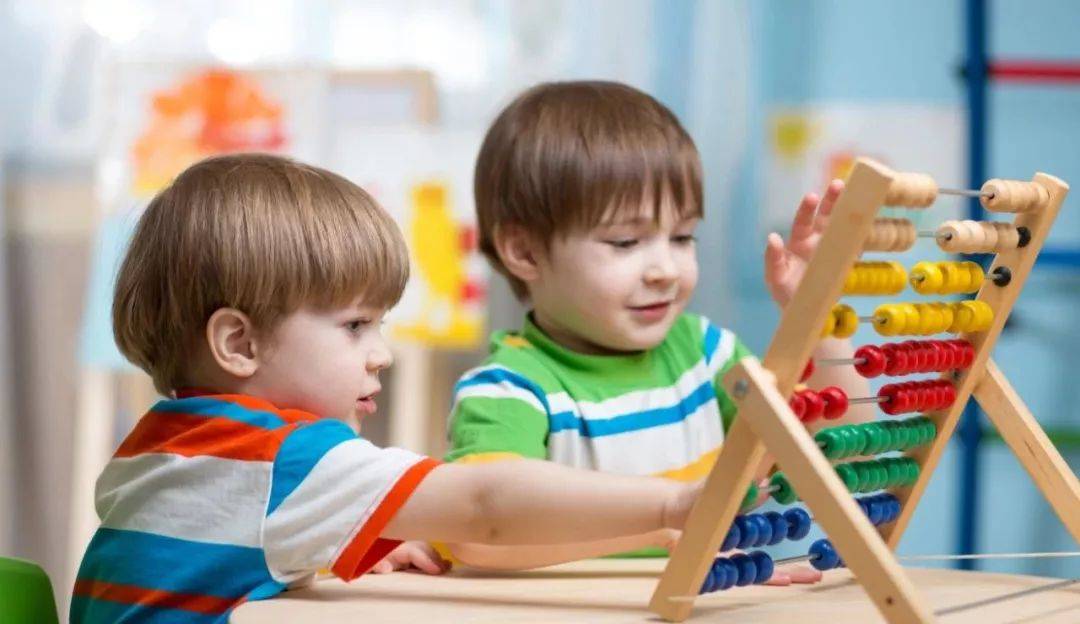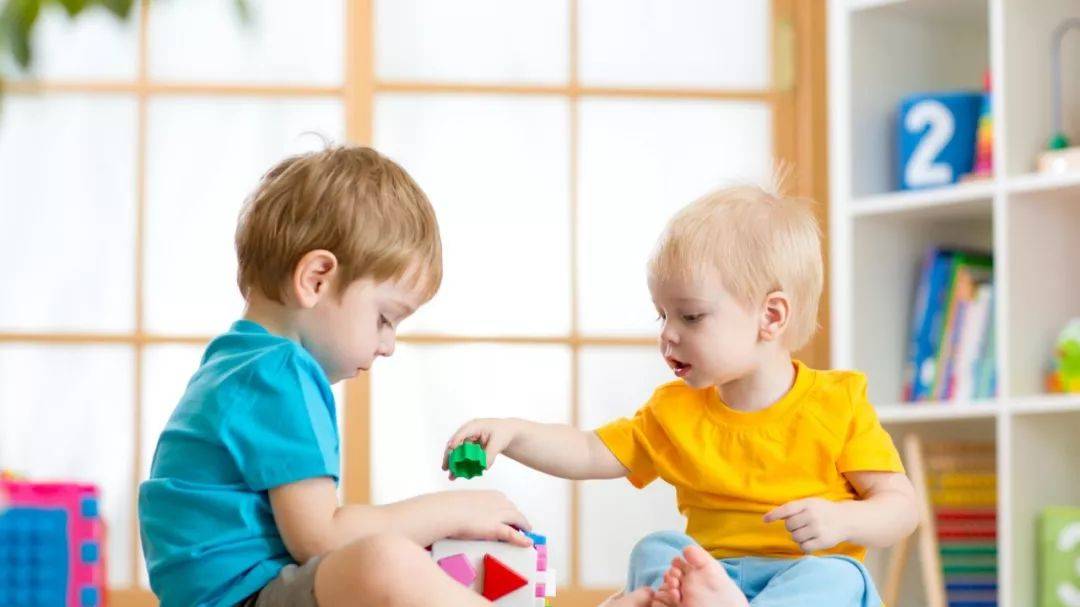Come on, call Uncle! Children are only popular when they are polite!
Do you usually learn what songs in kindergarten? Sing us a red envelope for you!
This [Chinese courtesy] is believed to be familiar to most people during Chinese New Year and holidays.
Relatives and friends get together, and parents always think about courtesy and courtesy in the face of the conventional remarks.
However, many parents have not noticed that these so-called “courtesies” and “courtesies” actually hurt their children virtually.
Today, we will invite Mr. Ye Zhuang to take stock of the five kinds of conventional remarks that are most destructive to children. Come and see if you have won.
Say hello! Why are you so impolite

It is a normal psychological phenomenon for children to recognize their children, not the so-called impoliteness.
Why are you so rude!
You like this, uncle and aunt don’t like you!
These words put negative labels on children, making them feel more and more that greeting is a difficult task.
In the long run, children will become less and less willing to say hello. Even when facing strangers, they will become more and more anxious and enter a vicious circle.

What to do:
To guide children to say hello, first of all, we must solemnly introduce both sides and provide children with an entrance to say hello. Children are independent individuals. Solemn introduction is respect for both sides, and children are no exception.
After that, we can let the children choose the way to say hello. [Auntie Hello] and [Hi] are both good ways and will not make each other feel disrespectful.
If the child is really unwilling to greet, out of consideration of [courtesy], we might as well let the child say [goodbye] after the communication is over.
Where, where, my children can’t

In the face of other people’s praise for their children, many parents will subconsciously deny it.
In fact, in the process of growing up, children will become more and more concerned about their own image. However, parents’ denial is an injury to children’s self-awareness.
This kind of expression is a kind of modesty to parents, but children will believe it, not only feel sad, but also become less and less confident.
What to do:
The next time you have such praise, you can use the following words: five points of thanks, three points of support and two points of expectation.

Five points of thanks means to thank each other for their praise on behalf of themselves and their children. Three-point support refers to the positive recognition that children can do this. Two points of expectation is to show better and better confidence in children.
For example, when someone praises your child for speaking English well, you can say:
Thank you very much, mother Tong Tong. Our family must be very happy to hear this! (Thank you)
Ann is willing to practice and speak during this period of time, so he has made great progress. (Support)
I think the interaction between Tong Tong and the teacher is also very positive. I think I dare to say that both Tong Tong and an’an can learn better and better. (Expectation)
Xiao Ming is really nice, but my family is far from it.

In this way, the child will plant the seeds of comparison in his heart. Before doing things later, the child’s first consideration may not be whether he likes it or not, but whether he can do it better.
This sentence does not play the role of [urging] the child at all. It will only make him feel great pressure and is not good for the establishment of parent-child relationship.
What to do:
In order for our children to make progress, we need to use more positive methods to learn together with our children, or consult other people’s successful experiences and come back to share them with our children.
More importantly, let the child feel that you recognize his efforts.
Why are you shy? Come on, give a show to your uncle and aunt

Forcing a child seems to cultivate a generous and cheerful character, but it is easy for the child to fall into the wrong understanding of [pleasing others].
Compared with the formal stage, children will not only feel caught off guard but also feel disrespected if they are randomly asked to perform.
What to do:
First of all, it is not to take the initiative to ask children to perform their talents with the mentality of attracting eyeballs and pleasing others.

If someone suggested, [let your children dance! Our corresponding behavior should be divided into two steps.
The first step is to consult the child’s own wishes. As an independent individual, children have the right to decide whether to jump or not.
The second step is, if the child is not willing to jump, don’t say [if he doesn’t jump well, he won’t make a fool of himself! It can be said that [there will be a performance in the kindergarten in the next year, and then we will invite our uncle to come and see it! In this way, both sides have a step and will not be embarrassed.
In general, if the emotional intelligence of those who want their children to dance is not too low, the matter will be successfully passed.
Let my younger brother play with toys for a while. Why don’t you understand humility?

Regardless of the child’s emotions, blindly emphasizing [humility] is not only detrimental to the establishment of the child’s real right consciousness, but also causes the child’s lack of security, which does more harm than good.
What to do:
It is perfectly normal not to want to give one’s own things to others. This has nothing to do with humility or not. In fact, it has nothing to do with what.
So at this time, you can guide your children in this way.
First, do a good job of empathy and let the child experience emotionally how much the other child wants to play with this toy for a while. You can say: “Dad knows you like this car very much, but my brother also wants to play with the car like you.”
Give the child another guarantee, let the child know that other children are only playing for a while, yours is yours. Most of the time, children do not want to [share], in fact, they are worried that once they let go, toys will never come back.
Finally, I have to give the child a solution. I always say to my son, “Give your toys to your brother for a while, and dad will play with you for something else during this period.”
As soon as alternative solutions are provided, children will naturally be easier to compromise.
During the Spring Festival, you must take your children to visit relatives and friends. Interpersonal relationships are important, but children’s happiness is more important. After reading this article, I believe you have a new solution to the situation where you don’t know how to deal with it.
